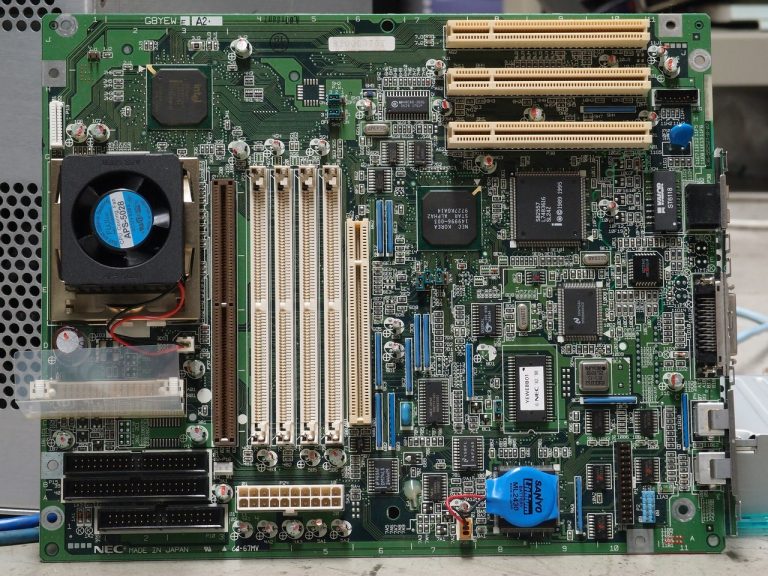Contents
What is an Operating System?
According to the Definition, “An Operating System (OS) is an interface between a computer user and computer hardware. An operating system is a software that performs all the basic tasks like file management, memory management, process management, handling input and output, and controlling peripheral devices such as disk drives and printers.”
The operating systems organize the sharing of resources. But they do much more than this; they ensure the efficient running of a computer by the following:
- Loading the application programs from secondary memory into main memory and managing their execution
- Supporting application programs by managing their use of the computer’s resources;
- Managing the storage of programs and data in secondary memory;
- Accepting inputs from and supplying outputs to the user.
Types of Operating Systems are:
Batch Operating System:
It is one of the oldest methods used to run the programs. The users used to prepare their job, and it is in the form of punched cards; then this batch of programs is loaded into the computer by the computer operator, and they get executed one by one; after the execution is over, the result is returned to the destined users.
Real-Time Operating System:
In this type of operating system, the job has to be completed within the set time limit; otherwise, the job gets lost or loses its meaning.
Network Operating System:
A network operating system (NOS) is software that controls the network and transfers packets over the network.
Distributed Operating System:
In Distributed OS, the task is divided among different processors that communicate using telephone lines or buses at different geographical locations.
Multi-user Operating System:
In this case, various users can perform different tasks on the computer.
Embedded System:
These OS have a limited number of resources and are very compact and extremely efficient by design.
Mobile Operating System:
Tablet PCs and smartphones run on mobile operating systems. Many other types also exist. All the task in a computer system is executed with the help of OS without operating system computer is just dead and dumb machine.
What is Computer System?
The computer system is not a single unit tool. It is composed of multiple pieces of hardware and software.
Hardware
These are the physical devices. Associated with a computer. Examples of Hardware are the following :
- Input Devices: keyboard, mouse, scanner, etc.
- Output Devices: printer, monitor, etc.
- Secondary Storage Devices: Hard disk, CD, DVD, etc.
- Internal Components: CPU, motherboard. RAM etc.
Software
Software is a set of programs, Which is designed to perform a well-defined function. A program is a sequence of instructions written to solve a particular problem. The software can be classified into two broad types :
- Application software includes all the programs you apply to a task, such as a word processing, programs, spreadsheets—payroll and inventory programs, and games.
- System software includes the programs you use to manage your computer, including operating systems such as Windows, Linux, or UNIX for larger computers, Google Android and Apple iOS for smartphones, etc.
Computer hardware and software performs three major operations in most programs :
- Input: The user enters the data in the computer system and is placed in memory. Where it can be processed, hardware devices that perform input operations include keyboards and mice. Data items include all the text. Numbers. And other raw material that is entered into and processed by a computer.
- Processing: Processing data involves organizing or sorting them. Checking their accuracy. Or performing calculations with them. The hardware component that performs these types of tasks is the central processing unit or CPU.
- Output: Once the data items have been processed, the resulting information usually is sent to a printer, monitor, or some other output device so people can view, interpret, and use the results.
Programmers write computer instructions in a computer programming language such as C, C++, C# or Java, etc. the instructions we use for writing a program using a programming language are called program code. Every programming language has rules leading to its word usage. These rules are called syntax. Mistakes in a language’s usage are called syntax errors.
Each programming language uses software, called a compiler or an interpreter, to translate our source code into machine language. The compiler or interpreter translates our code and gives us information about any programming language component that has been misused.

